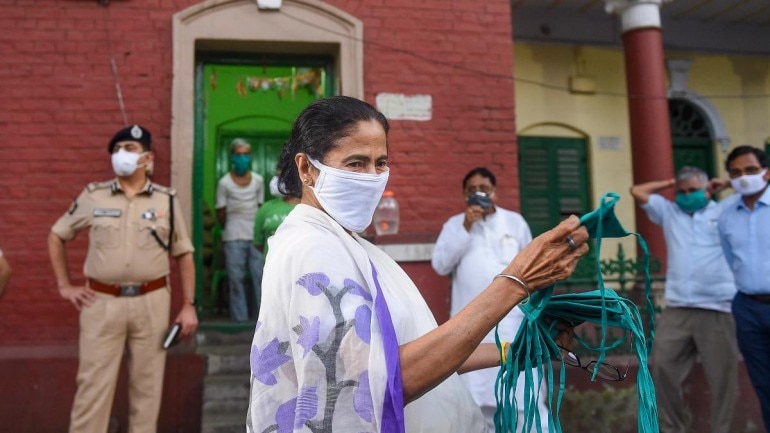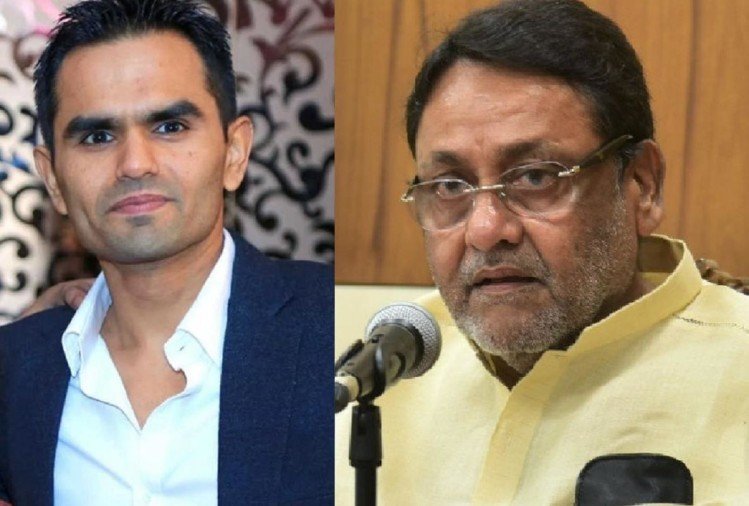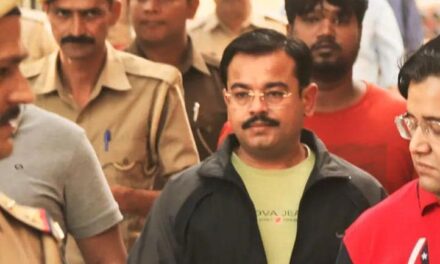Former top bureaucrats and legal experts believe that the central government’s order recalling West Bengal Chief Secretary Alapan Bandyopadhyay to Delhi, on the day he was slated to retire, may be one which the Centre finds hard to enforce as the state government is within its rights to refuse his release.
The transfer directive was seen by many quarters as an indication of vindictiveness by the Centre, after the chief minister on Saturday appealed to “PM Modi to end political vendetta, withdraw order recalling Chief Secretary Alapan Bandopadhyay, and allow him to work for the Covid-infected”.
The reson behind this order came within hours after a political row erupted on Friday over West Bengal Chief Minister Mamata Banerjee curtailing her meeting with Prime Minister Narendra Modi on the post-cyclone situation in her state to just 15 minutes
“The state may well send a politely drafted reply to the order pointing out the All-India Service rules which govern such transfers,” said Jawhar Sircar, a former secretary to the Government of India.
He said it is difficult for the Centre to unilaterally transfer an IAS or IPS officer, who is not under its control but that of another government within the federation.
Sircar said the West Bengal government could also seek legal remedies through the Central Administrative Tribunal or the High Court and though the Centre was believed to have filed caveats in both the platforms, “this is the remedy which common sense would dictate”.
According to rule 6(1) of the AIS on deputation of all India service officers, an officer on the rolls of a certain state may be deputed to the Centre or another state or a PSU with the concurrence of the concerned state.
“In case of any disagreement, the matter shall be decided by the central government and the state government or state governments concerned shall give effect to the decision of the central government,” the Indian Administrative Service (Cadre) Rules, 1954, mention.
However, the problem for the central government is that it neither asked for West Bengal’s consent nor of Banyopadhyay, considered essential for such a transfer.
However BJP MLA and Leader of opposition in the West Bengal Assembly, Suvendu Adhikari, however, alleged at a virtual press conference that the chief secretary had broken protocol at the review meeting, and as per the Constitution, the transfer was fair.
Earlier, similar unilateral orders transferring three IPS officers from West Bengal were not accepted by the state government.
Few years ago, Tamil Nadu had also similarly refused to relieve its Director General of Police when ordered to report to Delhi.
Another former chief secretary of West Bengal said “the operation of any proviso to a rule (which allows central directives to prevail) happens only after the substantive part of the rule is given effect to, which is prior concurrence before issuance of an order”,
And added “these procedures have been clearly laid down. Any departure from this practice needs to be explained”.
Questioning the propriety of the decision to transfer Bandyopadhyay, senior advocate Arunabha Ghosh said that if the chief minister decides not to give the release order immediately, it would create a legal complication.
Ghosh said the chief secretary is under the direct control of the CM. “The Centre can do it (transfer Bandyopadhyay) under the rule, but there is timing… Will an Army general be removed in the middle of a war?” he asked .









